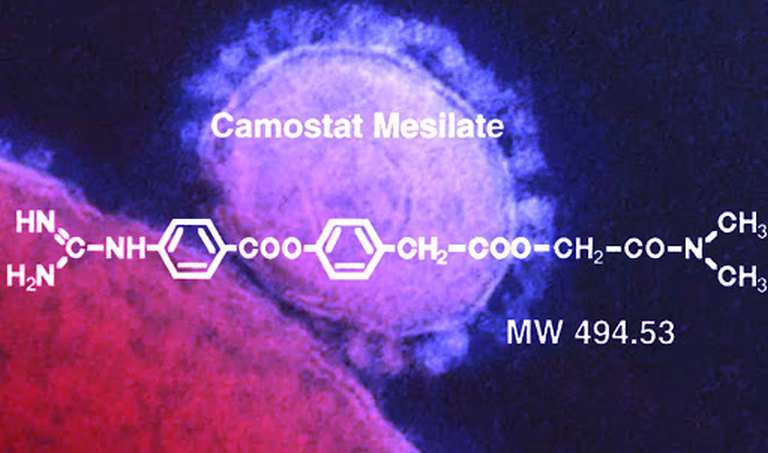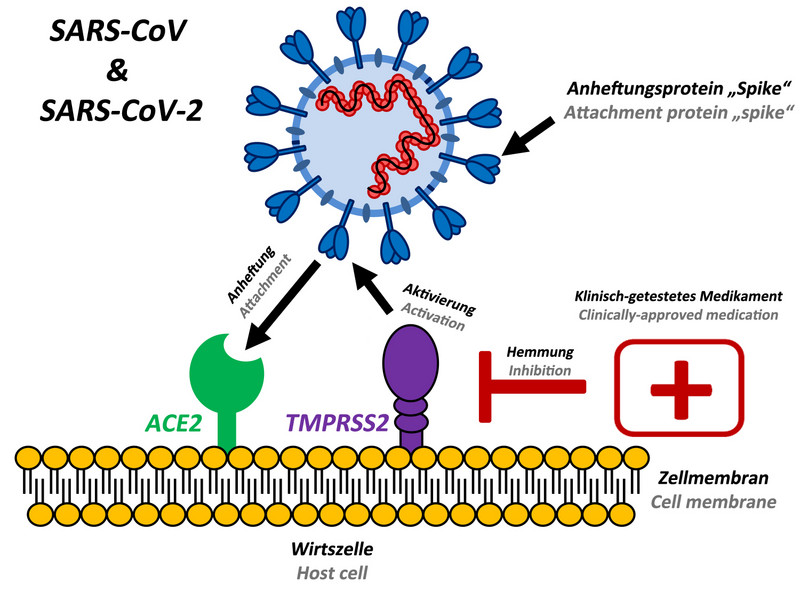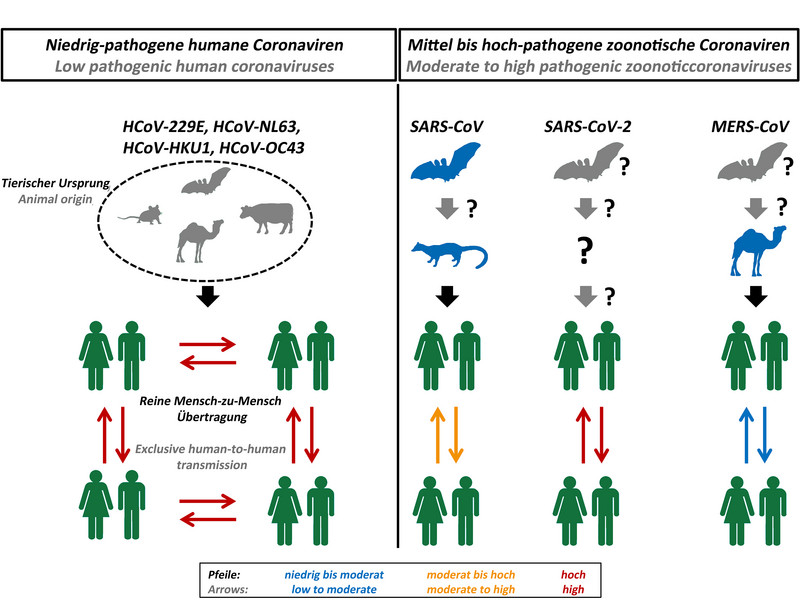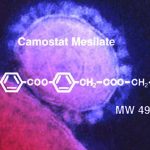Coronavirus Trial: Danish researchers are starting a clinical trial of a drug named camostat mesylate that targets human protein and indirectly treats COVID-19 patients

Early last month, we published a story about a team of German scientists from five institutions, after they made a startling discovery about a potential drug that could treat coronavirus Covid-19. They found that an existing drug camostat mesilate might protect against COVID-19.
Almost a month after the German scientists published their findings, Danish researchers are now starting a clinical trial to treat COVID-19 patients at Aarhus University Hospital with the same drug. Camostat mesilate inhibits and targets human protein (protease TMPRSS2). Camostat mesilate is a drug already approved in Japan for use in pancreatic inflammation. “Our results suggest that camostat mesilate might also protect against COVID-19,” says Markus Hoffmann.
As part of the clinical trial at Aarhus University, Danish researchers are planning to include 180 patients, with a first analysis planned after 108 have completed the study, including a one-month follow-up. Coronavirus patients in the trial will be given two 100-milligram pills of the drug or a placebo three times a day for 5 days, the maximum dose given to patients with pancreatitis in Japan, and their symptoms will be monitored. Whether the drug will reach the lung cells that the virus targets is a big question. “We can only hope that is the case,” Pöhlmann says.
In their previous research, German scientists identified a cellular protein (protease TMPRSS2) that is important for the entry of SARS-CoV-2 into lung cells. Their study provides evidence that host cell entry of SARS-CoV-2 depends on the SARS242 CoV receptor ACE2 and can be blocked by a clinically-proven inhibitor of the cellular serine protease TMPRSS2, which is employed by SARS-CoV-2 for S protein priming. Their study showed the compound can prevent the novel coronavirus, SARS-CoV-2, from entering human cells.

Several coronaviruses circulate worldwide and constantly infect humans, which normally caused only mild respiratory disease. Currently, however, we are witnessing a worldwide spread of a new coronavirus with more than 90,000 confirmed cases and over 3,000 deaths. The new virus has been named SARS coronavirus-2 and has been transmitted from animals to humans. It causes a respiratory disease called COVID-19 that may take a severe course. The SARS coronavirus-2 has been spreading since December 2019 and is closely related to the SARS coronavirus that caused the SARS pandemic in 2002/2003. No vaccines or drugs are currently available to combat these viruses.

Origin and transmission of pathogenic coronaviruses. Illustration: Markus Hoffmann
Moreover, their study suggests that antibody responses raised against SARS-CoV could at least partially protect against SARS-CoV-2 infection. These results have important implications for our understanding of SARS-CoV-2 transmissibility and pathogenesis and reveal a target for therapeutic intervention.
“Our results show that SARS-CoV-2 requires the protease TMPRSS2, which is present in the human body, to enter cells,” says Stefan Pöhlmann, head of the Infection Biology Unit at the German Primate Center. “This protease is a potential target for therapeutic intervention.”
The researchers demonstrated that SARS-CoV-2 uses the SARS55 CoV receptor, ACE2, for entry and the serine protease TMPRSS2 for S protein priming. A TMPRSS2 inhibitor approved for clinical use blocked entry and might constitute a treatment option. Their results reveal important commonalities between SARS-CoV-2 and SARS-CoV infection and identify a potential target for antiviral intervention.
Since it is known that the drug camostat mesilate inhibits the protease TMPRSS2, the researchers further investigated whether the drug can also prevent infection with SARS-CoV-2. Their results also suggest that camostat mesilate might also protect against COVID-19.




